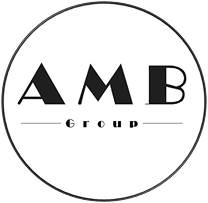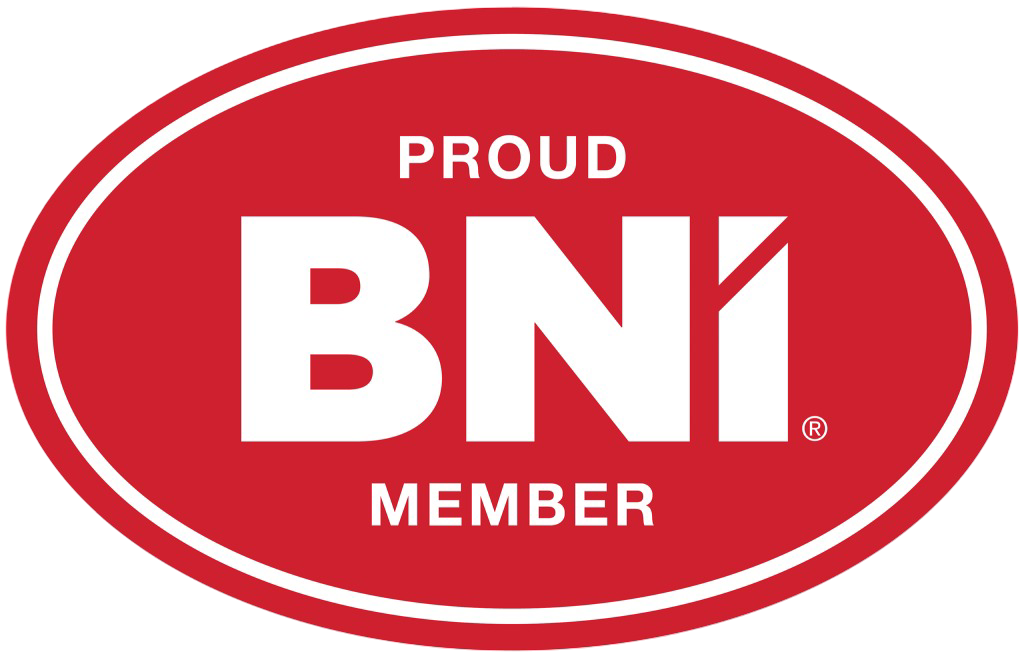While the primary focus of healthcare providers is patient care, the economic health of a medical practice is equally crucial, as it ensures the practice’s continuity and existence to keep providing quality healthcare to patients. One effective strategy to maintain a steady cash flow is to prioritize the timely management of medical receivables.
Understanding the Servicing of Medical Receivables
Medical receivables refer to the outstanding amounts owed to a healthcare provider for services rendered, typically by patients or insurance companies. These outstanding balances can accumulate for various reasons, including insurance claim denials, patient co-pays, or deductibles. As these receivables pile up, it can create significant financial strain for healthcare providers. Effective receivables management ensures that these outstanding bills are converted into cash promptly, thus improving the practice’s cash flow and financial stability.
What is the Servicing of Medical Receivables?
- Billing and Coding Accuracy: Ensuring that all medical services are accurately billed and coded is the first step in managing receivables.
- Claim Submission and Follow-up: Timely submission of claims to insurance companies and consistent follow-up on unpaid claims are critical.
- Patient Billing and Collections: Efficient patient bill- ing systems and proactive follow-up on unpaid patient balances are essential to minimize aging receivables.
- Payment Posting and Reconciliation: Accurate posting of payments and reconciliation of accounts ensure that all received payments are correctly applied to the corresponding receivables.
- Monitoring and Reporting: Regular monitoring and reporting of receivables provides insights into the practice’s financial performance.
Key Strategies for a Medical Practice’s Financial Health
- Optimize Revenue Cycle Management (RCM): Streamlining the billing process and reducing errors can significantly improve cash flow.
- Monitor Key Financial Metrics: Keeping days in A/R under 30 to 40 days is crucial for financial health.
- Implement Robust Financial Planning: It’s vital to have a financial plan that includes budgeting, cash flow management, and investment strategies.
- Leverage Technology: Utilize advanced software for billing, scheduling, and financial reporting to reduce administrative workload and improve accuracy.
Benefits of Professional Receivables Servicing
Engaging a professional receivables management provider can offer several advantages:
REDUCED ADMINISTRATIVE BURDEN: By delegating the collections process to experts, healthcare providers can focus more on patient care and other core activities.
REGULATORY COMPLIANCE: Collection experts are well-versed in healthcare finance regulations, ensur- ing compliance and reducing the risk of legal issues.
EXPERT DEBT COLLECTION: Professional providers are experienced in recovering outstanding debts efficiently (even in the most challenging cases) and bring specialized expertise and advanced technology for tracking and managing accounts precisely.
COST EFFICIENCY: Despite the fees involved, outsourcing your collections to experts can be more cost-effective than managing them in-house, considering the time, effort, and resources required for effective debt recovery.
ENHANCED CASH FLOW: Practices can accelerate cash flow by converting aging receivables into capital quickly.
ENHANCED FINANCIAL HEALTH: By keeping receivables current and minimizing aging accounts, practices can maintain a healthier financial position, reducing the risk of bad debts and financial instability.
In summary, the servicing of medical receivables is a critical component of effective healthcare practice management. Effective management of receivables not only ensures compliance, improves cash flow, and reduces administrative burdens but also enhances the overall financial health of a medical practice. For healthcare providers, partnering with a professional receivables management service can be a strategic move to concentrate on delivering high-quality patient care, and ensure long-term financial stability and success.
Theresa Giordano
QUANTUM OUTSOURCING GROUP.
Quantum Outsourcing Group.
Website: https://www.quantumog.com/
Location:
2963 Gulf to Bay Blvd Suite 120 Clearwater, FL 33759











